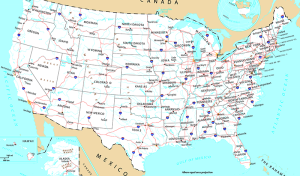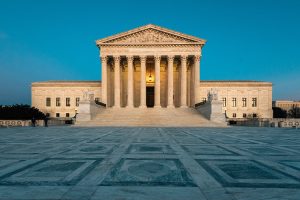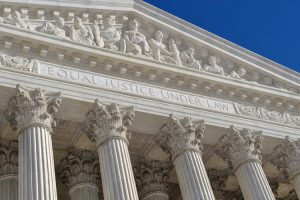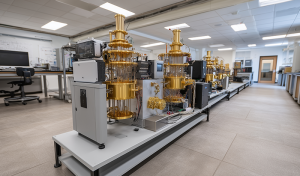
The Department of Labor framework is unashamedly instrumental: It aims to help workers safely use AI to stay productive rather than equip them as critical agents in shaping AI governance…
By Bronwyn Howell | February 20, 2026

The backlash against data centers is real, bipartisan, and accelerating. But the moratoria are blunt instruments aimed at a poorly defined target. They capture far more than hyperscale AI facilities,…
By Will Rinehart | February 19, 2026

I’ve written about this before, but it bears repeating: Should responsibility for kids’ online safety lie with operating systems and app stores, or with the applications themselves? At first glance,…
By Shane Tews | February 18, 2026

Prospective settlements in several lawsuits blaming conversational chatbots for causing minors to kill themselves aren’t likely to stop related claims from proceeding, with multiple forces driving litigation and settlements failing…
By Clay Calvert | February 17, 2026

For now, states appear to be moving cautiously, targeting obvious problems, and signaling attentiveness to constituents without overcommitting to rules they may soon regret. Whether that balance holds as AI…
By Mark Jamison | Fátima Palacios Figueroa | February 13, 2026

As AI agents become more capable, policy should aim less at picking winners in terms of protocol and more at preserving the conditions for open experimentation.
By Will Rinehart | February 12, 2026

You may have heard that the Supreme Court has agreed to take up an interesting Fourth Amendment case. Chatrie v. United States will examine whether the execution of a geofence…
By Jim Harper | February 11, 2026

A federal judge’s December ruling in NetChoice v. Griffin bars Arkansas from enforcing part of a new law that restricts the First Amendment rights of both social media users and…
By Clay Calvert | February 10, 2026

Thirty years later, there is still much to learn from our experiences with the Telecommunications Act of 1996. That is the focus of our AEI event of February 10, 2026,…
By Mark Jamison | February 9, 2026

Australian regulations may be stricter with social media, but they lag, not lead, most American initiatives.
By Bronwyn Howell | February 6, 2026

Whether the Seventh Amendment permits an agency to determine liability and impose punitive sanctions itself, so long as a jury trial may occur later—if the government chooses to pursue one.…
By Daniel Lyons | February 5, 2026

Framing today’s social media addiction cases in terms of prior lawsuits targeting tobacco companies for selling cigarettes is flawed for several important reasons that collectively suggest why Meta (Instagram) and…
By Shane Tews | February 4, 2026

Quantum computing has occupied a peculiar place in the policy imagination: perpetually imminent, strategically important, and operationally vague. It has been featured in national strategies and long-range forecasts yet has…
By Shane Tews | February 3, 2026

In a media ecosystem no longer defined by scarcity, Carr’s revival of the Equal Time Rule may say less about ensuring democratic fairness than about how long a broadcast-era solution…
By Daniel Lyons | January 28, 2026

Following the US Supreme Court’s 2024 rulings in the jawboning cases of Murthy v. Missouri and National Rifle Association of America v. Vullo, it was a matter of when—not if—another…
By Clay Calvert | January 27, 2026